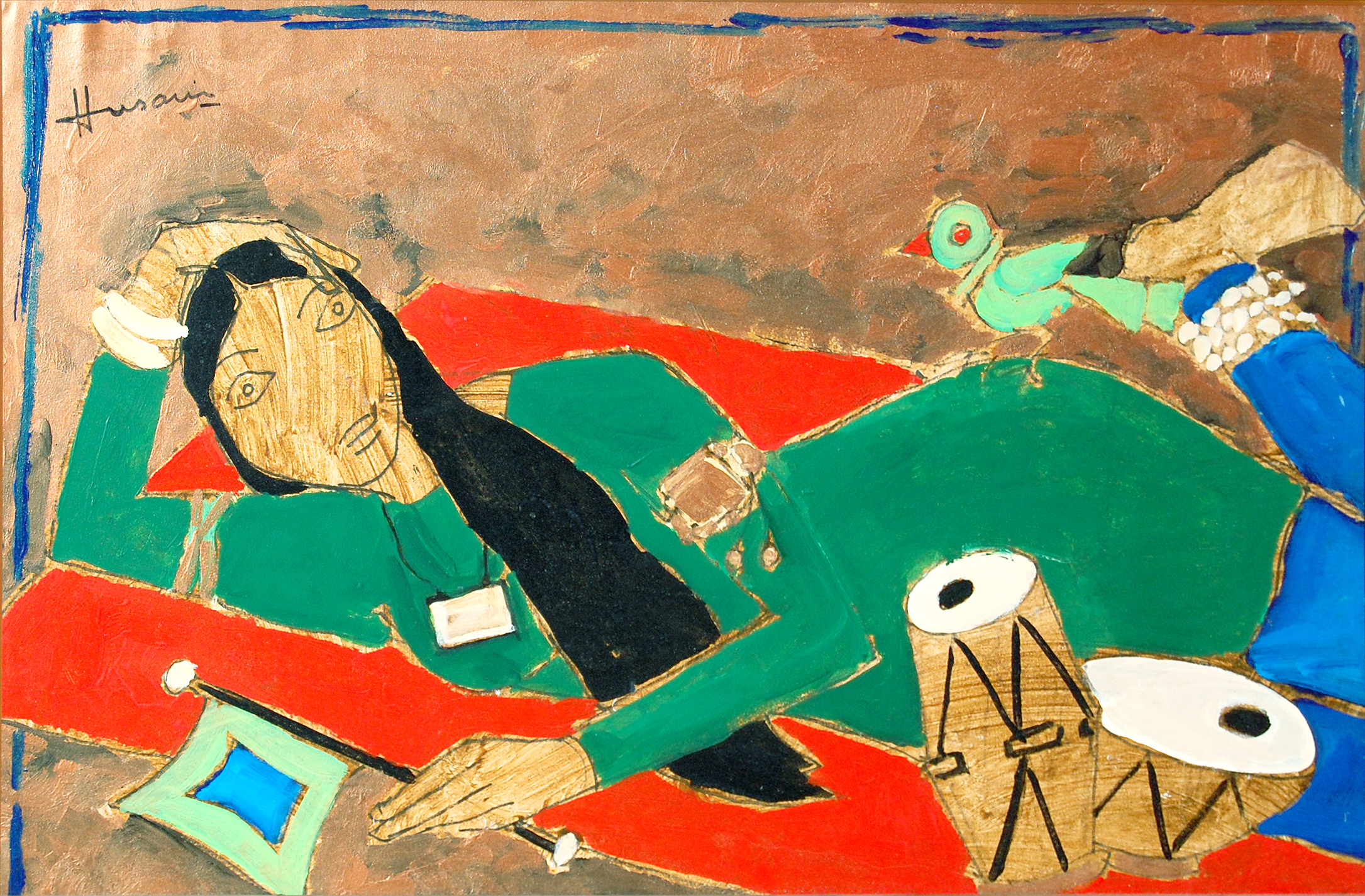|
General Information
ALERTS
|
|
 From the Private Art Collection of S. D. Ahuja
|
|
Our office is partially open on Saturdays and is equipped to file new applications.
|
|
D.P. Ahuja & Co.
Patent & Trademark Attorneys
DLF Star Tower, Office No. 10, Sector 30
Gurgaon 122001 Delhi (NCR), India
14/2 Palm Avenue, Calcutta 700019, India
Telephone: +91 33 40177100
Telefax: +91 33 40088262
email: info@dpahuja.in patents@dpahuja.in trademarks@dpahuja.in
|